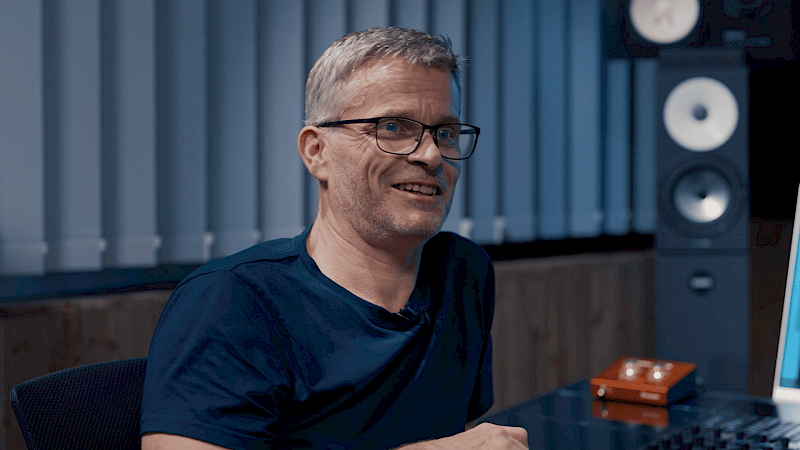
We went to Oslo, Norway to interview our partner Tore Teigland, Professor of music production at Kristiania University College, about his experience with Trinnov Optimizer.
Tore has 30 years of experience in recording, engineering and mixing. Proud D-MON owner and fervent supporter of Trinnov Optimizer, he installed a total of 4 Trinnov processors at Kristiania University College.
In this interview, Tore explains that the Optimizer allows his students to have their mixes flawlessly translate from big speakers at school directly to their home system.
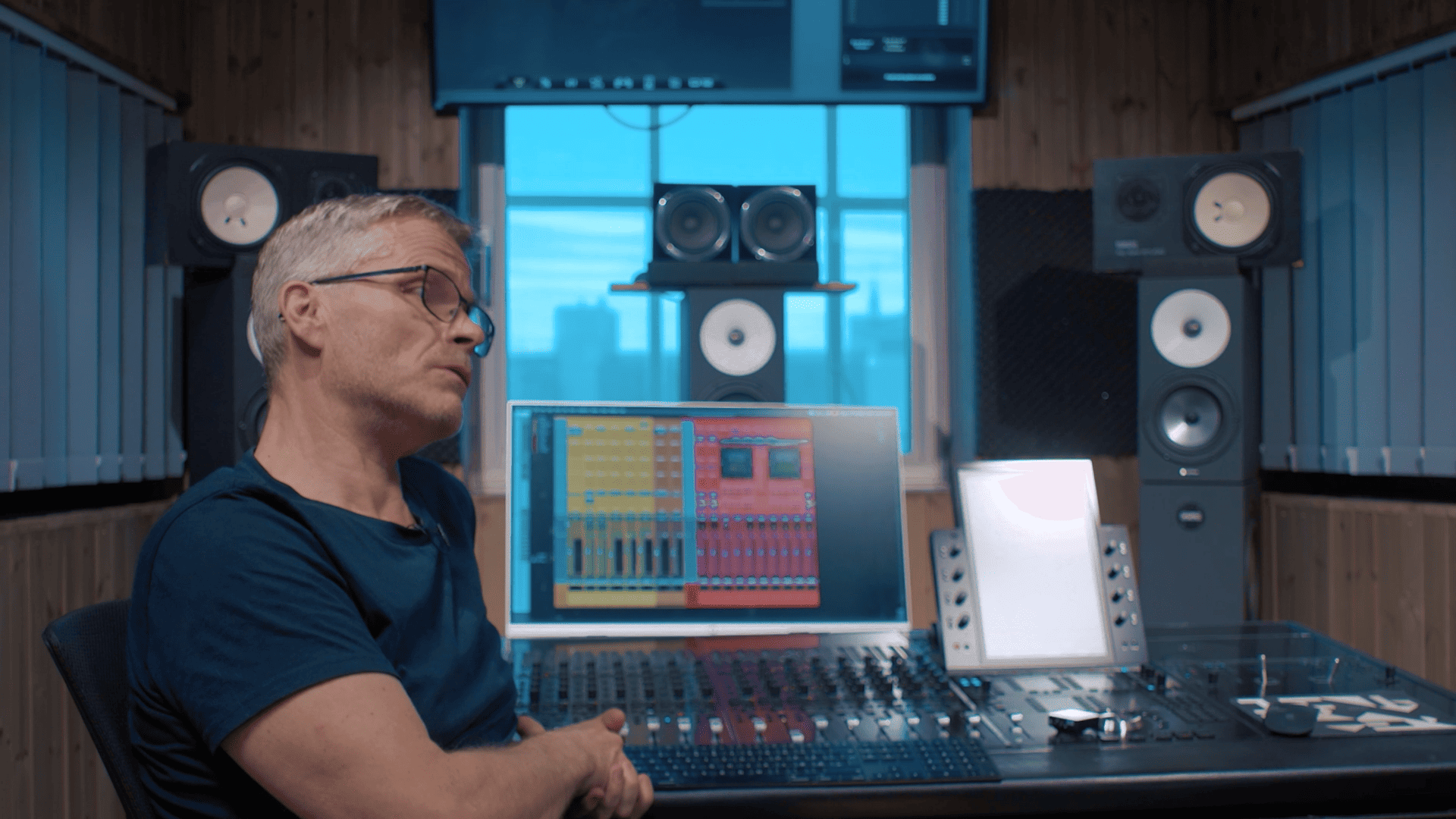
Please introduce yourself
My name is Tore Teigland, I'm a professor in music production in Oslo at Christiana University College. I've been teaching for a very long time and my specialties are mainly engineering, recording and mixing.
What was it like working in the room after improving the monitor setup?
It started to sound better in the control room, but the mixes didn't translate well to the outside world. It was more exciting to work, because the sound in the room was bigger, better etc. The artist would come into the studio, I would listen to the mix and would be so excited, it sounded amazing. And then I would hear it on the radio later on and…well, it didn't sound like that.
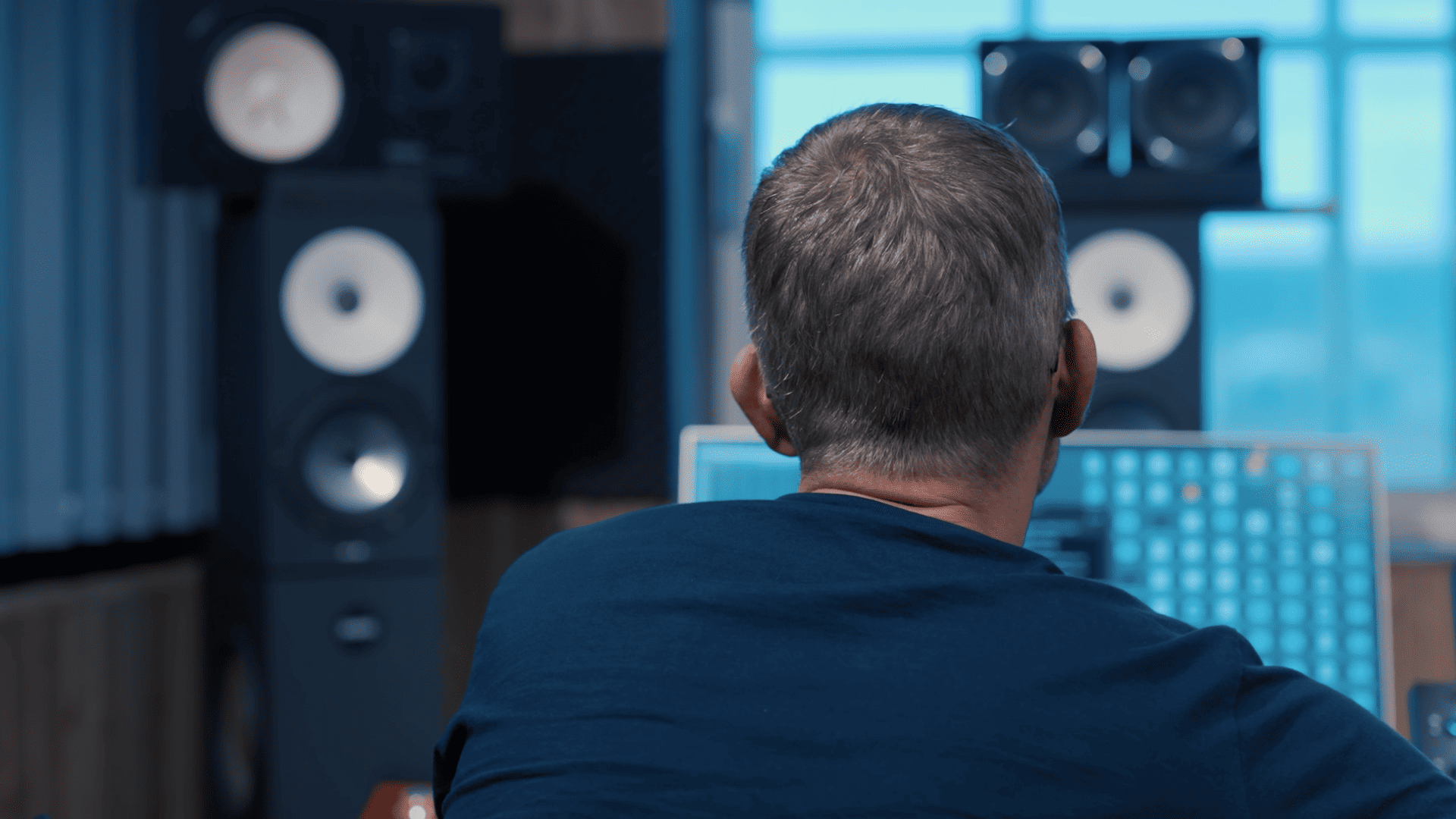
What was your first experience with room correction softwares?
I got to know Trinnov quite some time ago. The first system was a D-MON. I tried a software-based system to compare it with, but it couldn't compare. It sounded hard, unnatural, processed. It didn't sound better to my ears. I tested it in a couple of rooms and it didn't work in any of them.
How did you find out about the Optimizer?
I didn't know much about it actually. It was a reseller in Norway who contacted me and said, you should have a listen to this. They put it up in the room and we bought one. Finally, the speaker sounded as it was supposed to in the room we were in. Since then we bought four! Although the students were working on big speakers, what they were hearing would translate home to their own living rooms and the systems they had there. So it was a success from the very beginning.
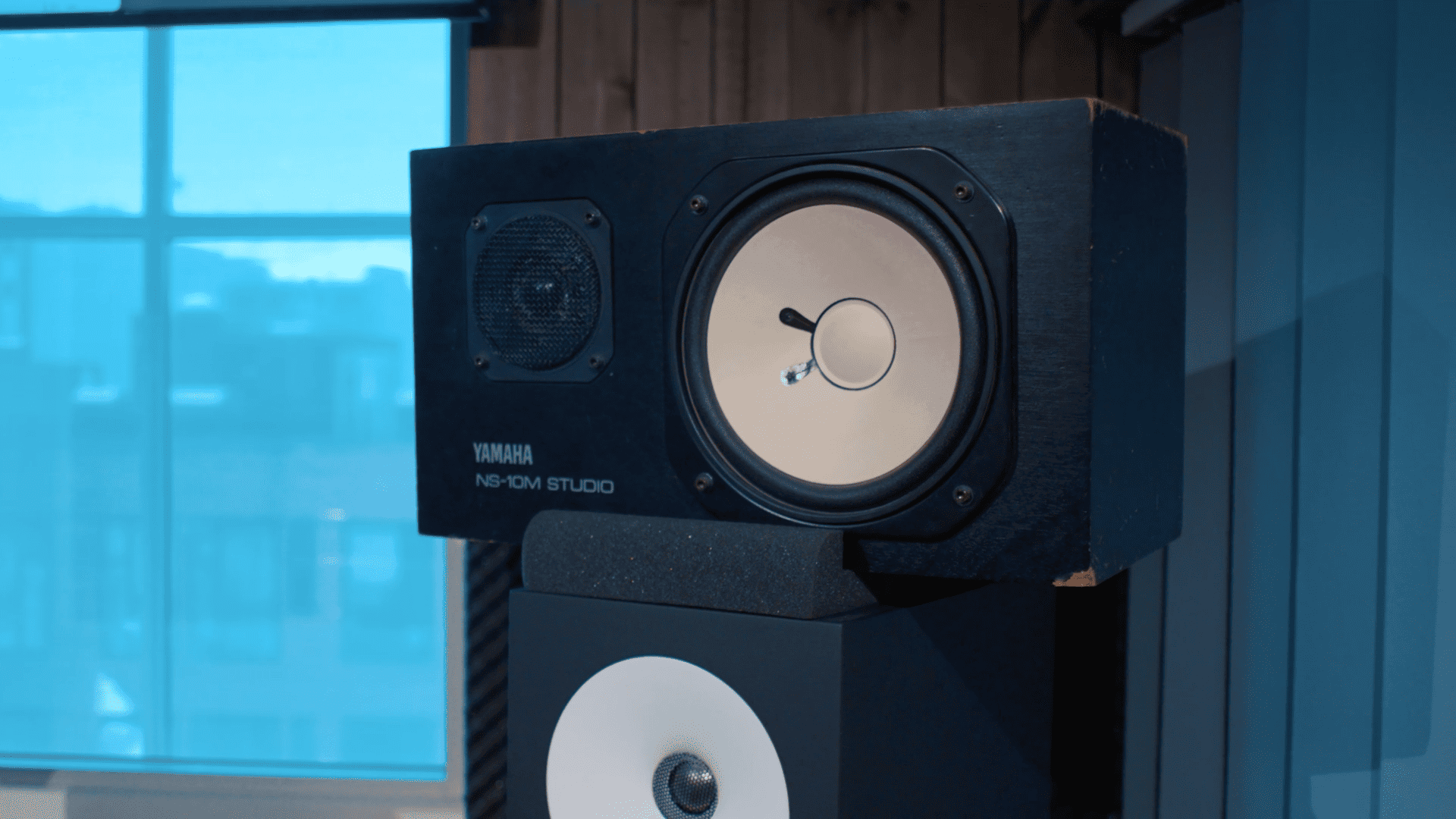
What was your first experience with the Optimizer?
Everything just fell into place. All of a sudden, you can start to listen to what's really there instead of listening to the room. You just listen to what's actually in the production and you can make the appropriate correction.
The imaging is dead center and off to the sides. It took some time actually when it comes to frequency because you get a much flatter system than what you normally have. We don't have so much bass response anymore. You can of course tweak the Trinnov to give you that, but we've chosen not to.
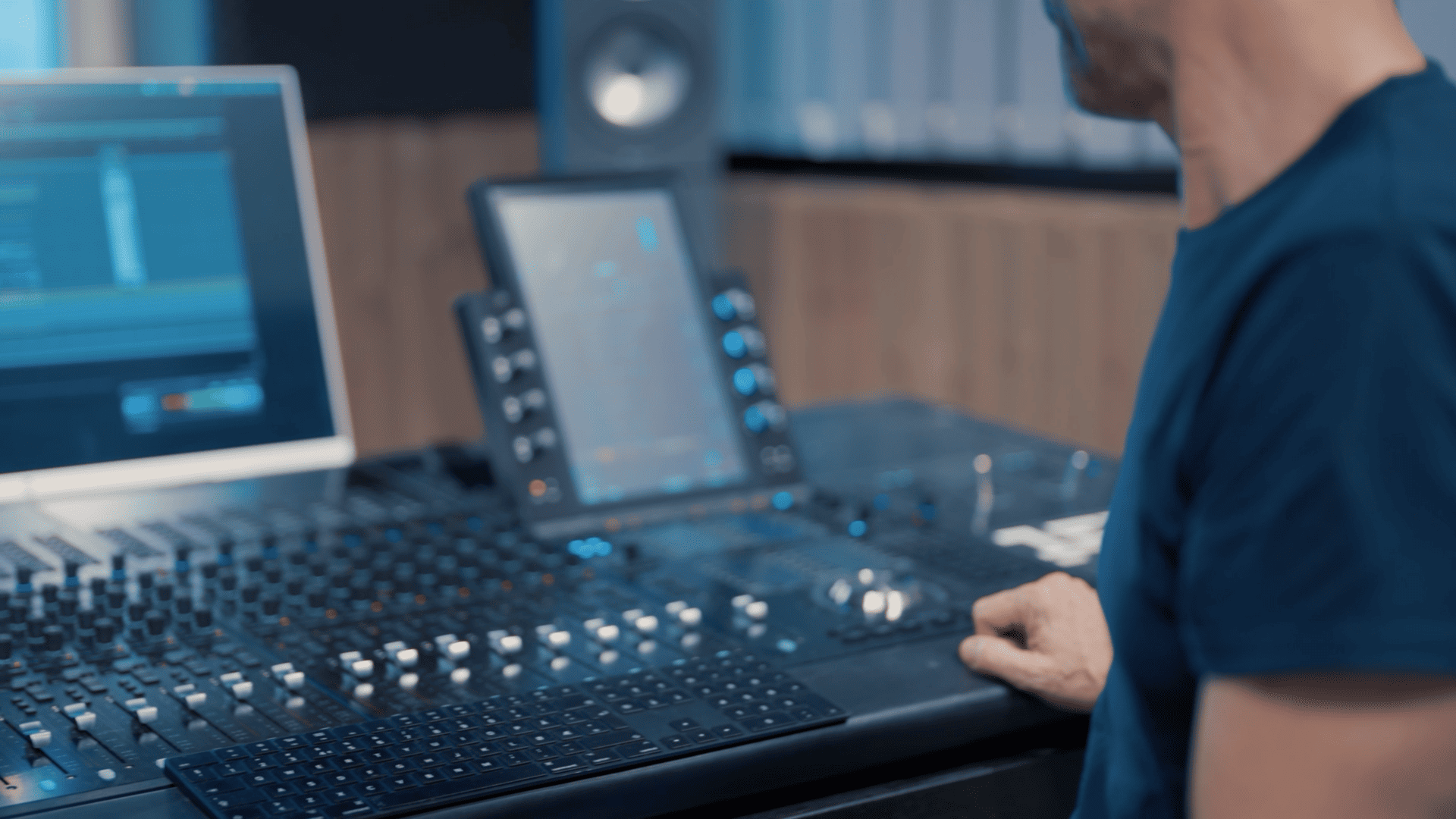
Has it changed the way you work and listen?
No, I don't think I work differently, but I'm trusting my decisions more. Maybe it has changed the way I work, but I'm not aware of it! I don’t listen very loud, but I do believe that the response from the speakers are more even at different levels using Trinnov than without. Even at low listening level, when I'm using Trinnov, I do get a sensation that I still have a good bass response from the speaker systems. Otherwise, in my experience, when you listen at really low levels, you loose bass response.
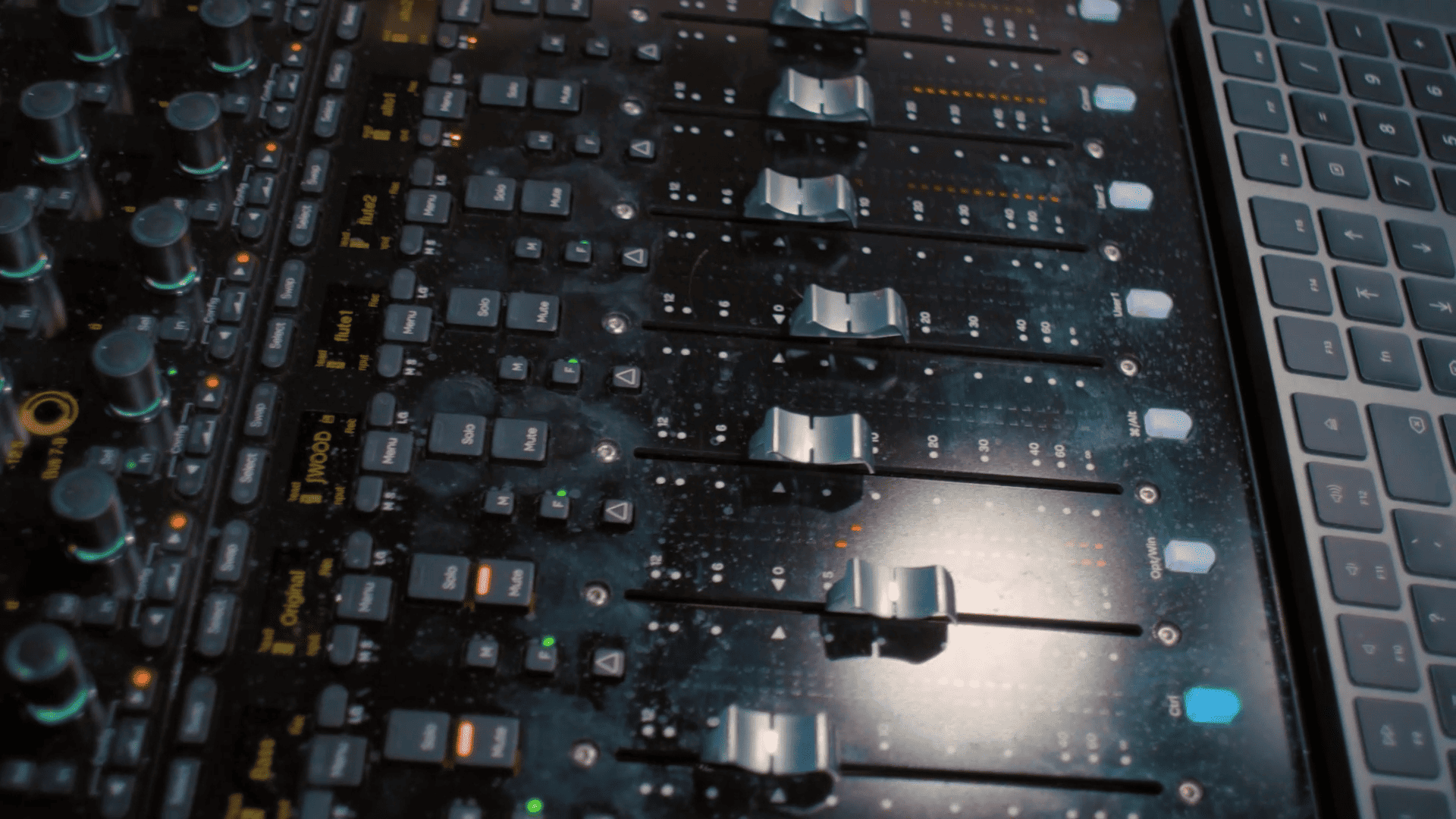
Have you considered turning off Trinnov’s Optimizer?
No, no, never. I can't imagine going back working without it. Especially for an Atmos system like this, you have to be able to do some delaying and time alignment. Otherwise, you have to be at equal distance from every speaker. But you don't necessarily have the right room for that. So it's extremely important, I don’t think you should do Atmos without a proper alignment system.
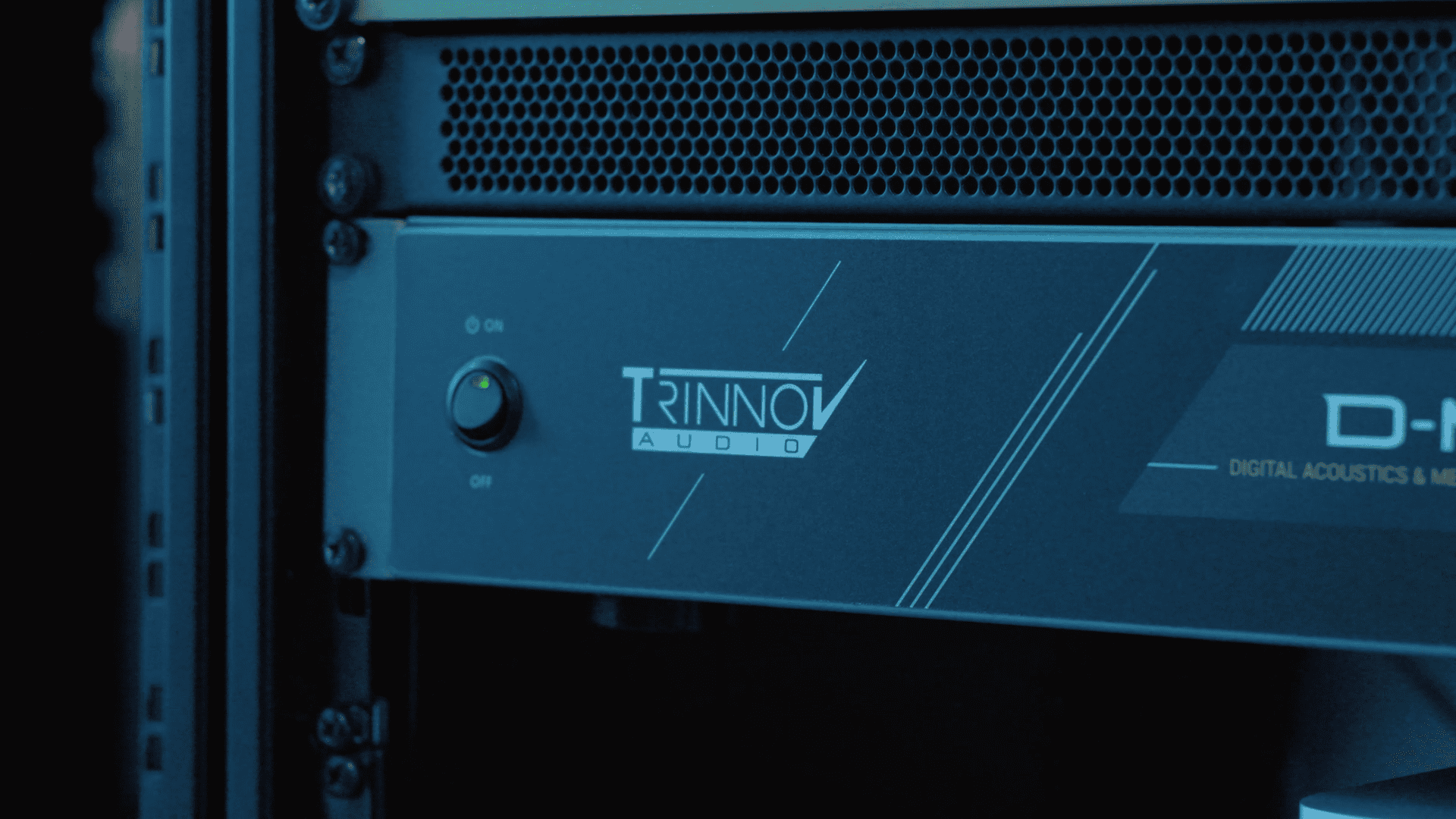
What do you tell people when asked about Trinnov?
I tell people just to listen with and without the Trinnov, and you can decide yourself. It's quite obvious that in most systems the Trinnov makes a huge difference, because it makes sure that the speakers you have will perform as good as they can in the room you're sitting in.
With very good speakers and a very good room, you can get almost there and maybe good enough in some cases. But most rooms don't have the required acoustics for that. It costs a lot of money to have perfect acoustics. The acoustics in this room cost a lot more than the Trinnov. Not that the Trinnov is a substitute for good acoustics, but there is a connection.
Would you recommend Trinnov to other engineers?
A recent student, a young successful mixer in Norway, recently graduated here and once he got enough paychecks, he came back here and the first thing he bought was a Trinnov.

